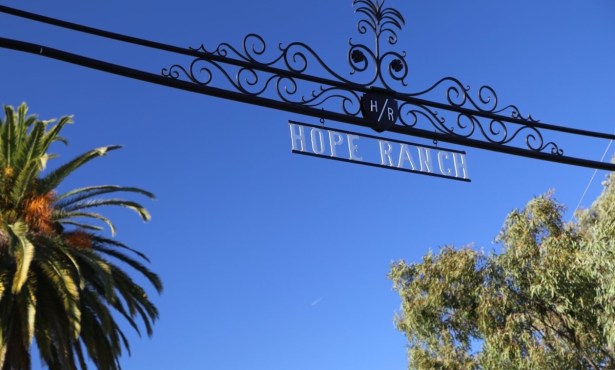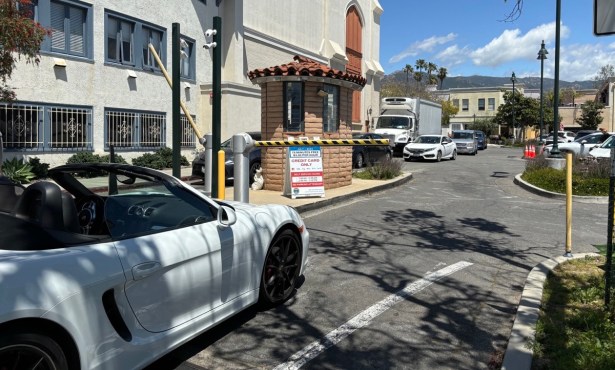The Sun That Connects Us All
Leaders Hollande and Modi Propose Solar Alliance
The international solar alliance — an initiative proposed jointly by India’s Prime Minister Narendra Modi and by French President François Hollande — was presented on the first day of COP21, November 30, to show its importance.
The idea of a global solar energy alliance represents an ambitious program and essentially comes down to a demand for the necessary financing that is presented here.
Hollande introduced the initiative involving an alliance of countries that are the most capable of developing the potential of solar energy. The goal is to ensure a transfer of technology from the developed to the developing countries and to create the financial mechanisms to transfer the technology.
In Hollande’s words: “We can no longer accept the paradox that the countries that have the highest potential in solar energy only represent a small share of solar energy production.” And these countries have the majority of world population, a large proportion of which has no access to electricity. How can we address these inequalities and ensure development?
“It is through technology and development that we will succeed,” he stated. “It is through climate justice that we can to do it.” It is not only for the Asian continent but also for entire African continent. France is taking advantage of this conference to announce that it will offer financing to share its technology so that Africa can access energy and electricity through solar.
So here, climate justice is about bringing down costs to facilitate this mutation. And this requires a change of paradigm.
Indeed, if we look at all the promised national contributions to reduce greenhouse gases, there will be more than $1.2 billion of investment by 2030. So we need to ensure that part of these investments go to solar energy. For that we need to have common political approaches or, at least, a harmonization of methods or technologies.
Bringing down costs is possible. It is a matter of political will and coordination. For instance, in India bulk buying of low-consumption lamps has helped reduce prices by a factor of 10 in a few months. If we took this approach and could develop technology that could be disseminated to millions and millions of inhabitants on the planet, effects of scale would lower prices.
To start this process, what is needed is an initial funding.
While Hollande thinks this can only come from states and therefore from public financing, it is also possible to imagine that private actors might be willing to invest in such an initiative.
Then it is imperative to transfer that technology to developing countries so that they can have the lowest prices for using renewable energy.
Thus, this solar alliance is the alliance of countries and other actors who want to take the opportunity to use this abundant and free resource, the sun, and allow the multiplication of installations and the creation of an increasing demand.
This alliance is a partnership between countries but also a partnership between states and private actors such as equipment makers, energy specialists, financiers, and also researchers of the world. It is also an alliance of citizens who exchange applications and technologies, because solar energy is a collaborative energy.
In President Hollande’s perspective, coal, gas, and oil are energies of yesterday and less and less the energies of today. Tomorrow’s wealth will come from new energies that will be developed everywhere in the world, especially solar energy.
In conclusion Hollande stated: “What we are demonstrating here with this alliance is the power of the future Paris accord. This initiative gives it meaning: It shares technology and mobilizes financing. It is an example of what our conference is: A conference aimed at reducing greenhouse gases, ensuring sustainability, reducing inequalities, and particularly providing well-being to the population of the entire planet.”
Prime Minister Modi’s presentation started on a much more spiritual tone, reminding us of our timeless wisdom and of ancient civilizations that have given special place to the sun, and for some of whom the sun is the soul of all beings, moving and not moving.
In his views the world must turn to the sun to power future development. As the developing world enables billions of people to achieve prosperity, our hope for a sustainable planet rests on a bold global initiative. In a potentially controversial statement he stated that this means advanced countries must live in a “light carbon space” to allow developing countries to grow. And that would enable climate justice.
It is the convergence between economy, ecology, and energy that should define our future. The vast majority of humanity is blessed with generous sunlight during the entire year. Yet many are also without any source of power. This is why, from his perspective, this alliance is so important. Its goal is to bring solar energy into lives and homes by making it cheaper, more reliable, and easier to connect to the grid.
This goal will be achieved through collaboration in research and innovation, the sharing of knowledge, and the exchange of best practices, as well as training and the building of institutions. We must work toward enlightened regulatory frameworks while promoting investment, encouraging joint ventures, and developing financing mechanisms. The challenge will be to reconcile the views of these two statesmen, fostering real collaboration between truly equal partners, not just a technology transfer from one country to another.



